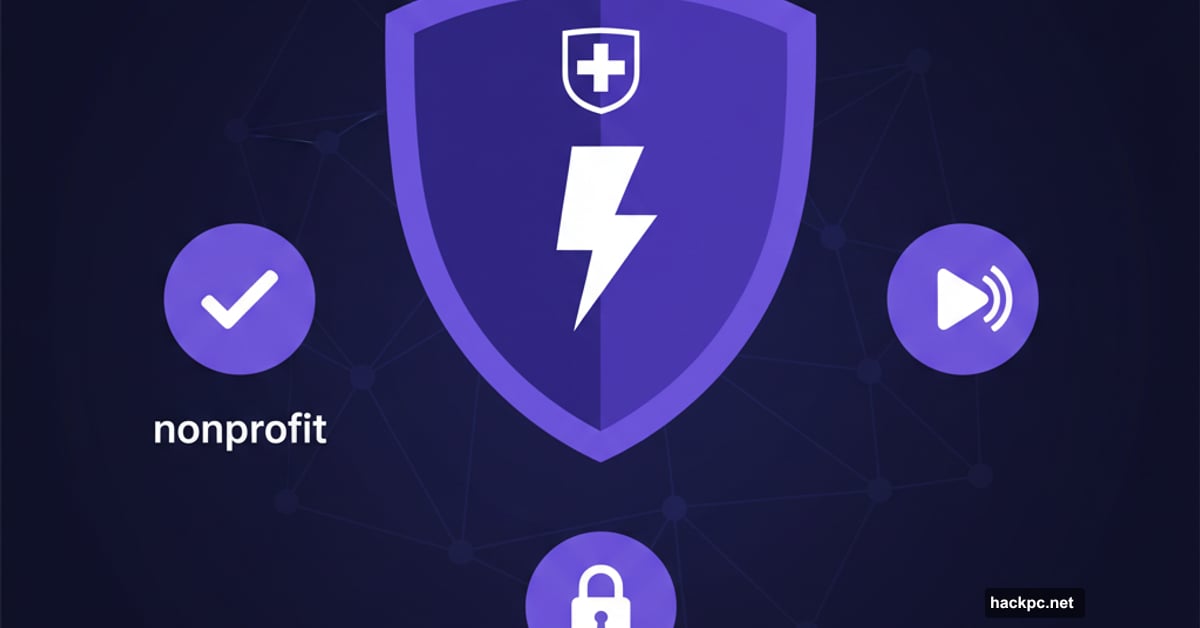
Most VPNs promise privacy. Proton VPN fights for it.
This isn’t just marketing talk. Proton VPN is majority-owned by a nonprofit foundation whose sole purpose is protecting user privacy. Plus, it offers genuinely unlimited free access to servers in eight countries. That’s rare in a market full of predatory trials and data caps.
But does the idealism translate to performance? After weeks of testing, the answer is yes. Proton VPN combines blazing speeds with rock-solid security. It unblocks Netflix reliably. It handles torrenting without throttling. And it protects your connection without making you feel like you’re browsing through molasses.
Let’s break down what makes this VPN worth your attention.
Speed That Doesn’t Make You Wait
VPN speed tests often disappoint. Connections slow to a crawl. Latency spikes make video calls impossible. Pages take forever to load.
Proton VPN avoids these problems. It retained 88 percent of our download speeds across global servers. Upload speeds stayed at 98 percent. That’s exceptional performance for any VPN, let alone one that prioritizes privacy over profit.
The secret is VPN Accelerator technology. This feature splits your connection across multiple parallel channels. Data processes faster. Bottlenecks disappear. You barely notice you’re using a VPN.
We tested servers in Miami, London, Marseille, Bucharest and Singapore. Download speeds stayed above 50 Mbps in four out of five locations. Only the French server in Marseille dipped to 45 Mbps. That’s still fast enough for 4K streaming without buffering.
Latency averaged under 300 milliseconds globally. The fastest server, located in San Jose, added just 52 milliseconds of lag. For context, anything under 100 milliseconds feels instant during video calls or online gaming.
Security Built on Swiss Foundations
Switzerland offers strong privacy protections. No mandatory data retention laws for VPNs. Courts sympathetic to privacy claims. That’s why Proton AG chose to base operations there.
The company’s privacy policy is refreshingly direct. No activity logs. No connection timestamps. No identifiable device characteristics stored anywhere. They can’t hand over data they never collect.
This policy passed independent audits. Securitum confirmed it in 2024. The audit found no evidence of data collection beyond what’s stated publicly.
But policies mean nothing without proper encryption. So we tested all four of Proton VPN’s protocols using industry-standard tools. WireGuard, OpenVPN, IKEv2 and Stealth all passed without leaking our real IP address.
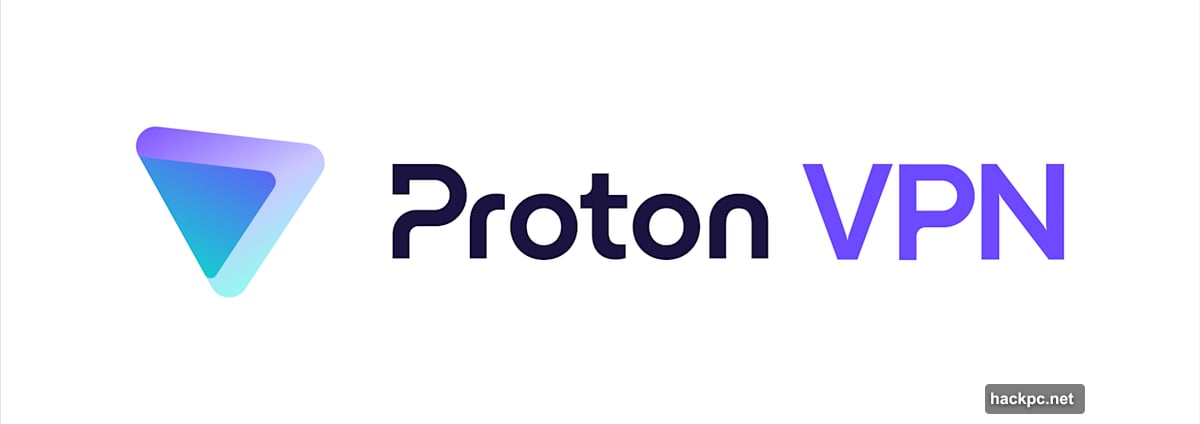
We used AirVPN’s leak detection tool across multiple servers and days. Our actual IP never appeared once. WebRTC leaks didn’t happen either, even when we deliberately enabled the risky browser feature.
Then we ran packet inspection tests using Wireshark. Every single packet showed active encryption. No plaintext escaped at any point during dozens of connection attempts.
The Free Plan Actually Works
Most free VPNs are terrible. They cap your data at 500 megabytes per month. They inject ads into your browsing. They sell your information to data brokers.
Proton VPN’s free plan does none of that. Unlimited data. Full encryption. No advertisements. The same security features paid users get.
The catch is simple. Free users can only access servers in eight countries: the United States, Japan, the Netherlands, Singapore, Norway, Canada, Poland and Romania. And you can’t choose which server you connect to within those countries.
That limitation makes sense. Proton VPN needs to prevent server congestion from overwhelming free users. Automatic server selection distributes the load efficiently.
Still, this restriction makes the free plan useless for unblocking region-locked content. You can’t pick a specific country’s Netflix library. You can’t reliably access geo-restricted websites. The auto-connect feature chooses based on server load, not your needs.
However, the free plan excels at basic privacy protection. It hides your IP from your internet provider. It encrypts your traffic on public WiFi. It blocks malware and tracking sites through NetShield. For many people, that’s enough.
Streaming Performance That Surprises
VPNs and streaming services fight an endless war. Netflix blocks VPN traffic. VPNs find workarounds. Netflix updates its detection systems. The cycle repeats.
Proton VPN consistently wins this battle. We tested five locations across three continents. Every single server unblocked Netflix successfully. Content libraries changed immediately, proving the location mask worked.
Canadian servers showed Canadian content. Japanese servers displayed Japanese shows. Even Ghana’s virtual location (physically hosted in Bucharest) accessed Netflix without issues.
The one hiccup came on Romania’s free server. The connection was too slow to load Netflix’s library. Switching to a paid Romanian server fixed the problem instantly. This suggests free servers get overwhelmed during peak hours, which is understandable given unlimited access.
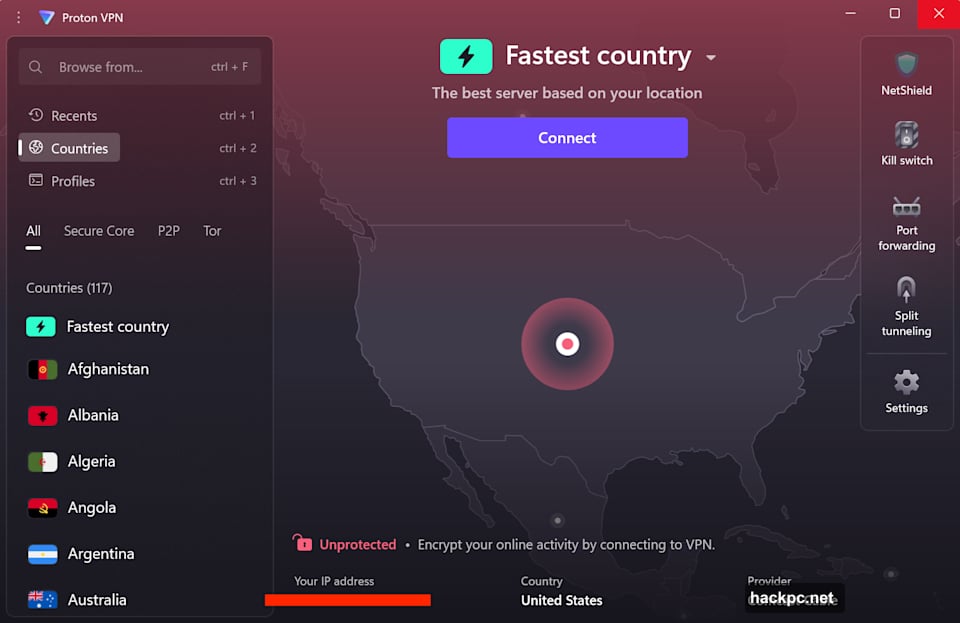
Still, paid subscribers should have zero trouble streaming from anywhere in Proton VPN’s 154-location network. Download speeds stayed fast enough for 4K resolution. Buffering rarely happened. Quality settings maxed out automatically.
Features That Actually Matter
Some VPN features sound impressive but prove useless in practice. Double VPN slows connections to dial-up speeds. Split tunneling breaks constantly. Obfuscation protocols don’t fool network filters.
Proton VPN’s features actually work. NetShield blocks ads, malware and trackers at the DNS level. It operates device-wide, not just in browsers. You’ll see fewer banner ads, though it can’t block YouTube video ads served from the same domain.
Secure Core servers route connections through physically secured data centers in Iceland, Sweden and Switzerland before reaching your chosen endpoint. These facilities are former military bases or underground bunkers. Proton owns and operates them directly, eliminating third-party management risks.
This matters if you’re doing something especially sensitive online. Even if your exit server gets compromised, the Secure Core hop keeps your identity hidden. The extra encryption does slow speeds somewhat, but the security trade-off is worth it for high-risk activities.
Port forwarding improves torrenting performance. It’s available on Windows and Linux with a simple toggle. Mac users can set it up through manual configurations. Nearly every paid server supports peer-to-peer traffic, making Proton VPN excellent for torrenting.
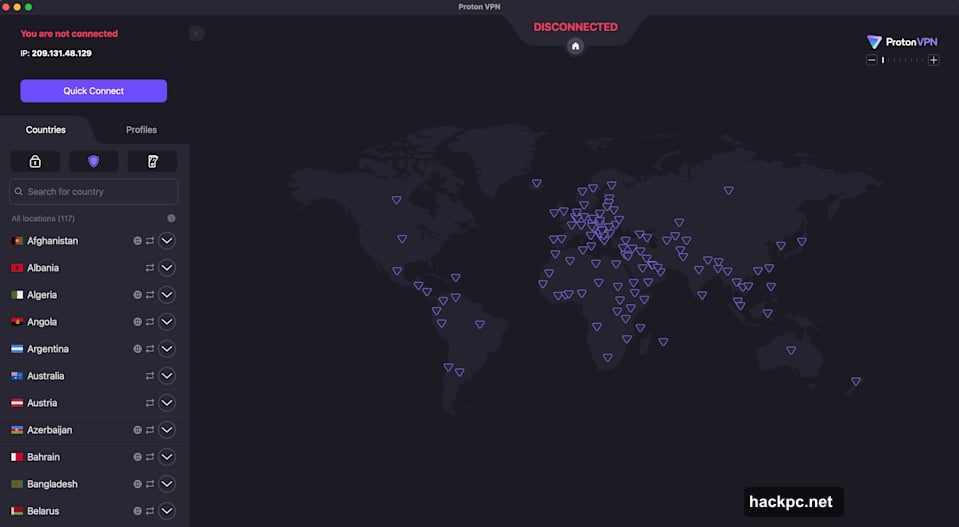
Tor over VPN servers let you access dark web .onion sites from any browser. Just connect to a TOR-labeled server and paste the link. Your VPN connection prevents Tor node operators from seeing your real IP address. This is the safest way to browse the dark web.
The Apps Feel Polished
Windows users get the best experience. The interface displays the server map, connection settings and major features in one clean window. No cluttered menus. No hidden preferences. Everything you need appears right where you’d expect it.
Mac’s interface is slightly less elegant. You can’t easily filter P2P or Tor servers from the main list anymore. You’ll need to dig through Profile controls to find them. The map works better than on Windows, though, since you can actually resize it.
Android mirrors the Windows design philosophy. Four tabs along the bottom switch between home, country list, profiles and settings. Tapping the dots next to virtual locations shows their physical server locations, which is helpful for understanding actual connection distances.
iOS looks similar to Android but shares Mac’s navigation drawbacks. The server list feels more cluttered. Filtering specific server types takes more steps than necessary. Settings explanations appear inline, making the menu look denser than it really is.
Browser extensions for Chrome and Firefox work as expected. They function as split tunneling since only browser traffic routes through the VPN. You can exclude specific URLs from VPN protection without needing their IP addresses.
Customer Support Needs Improvement
Live chat support only operates from 9 AM to midnight Central European Time. That’s a problem if you live outside Europe and hit a technical issue during evening hours.
The help center articles are well-written but oddly organized. Categories seem to show only a handful of articles until you use the search function. Then dozens of additional articles appear. It feels like a website redesign that didn’t properly integrate existing content.
Free users can’t access live chat at all. They’re directed to the r/protonvpn subreddit instead, where Proton staff occasionally respond. That’s better than nothing, but hardly ideal for urgent problems.
We submitted an email ticket about sluggish French servers. The form automatically populated our system information, which was convenient. A representative responded within 24 hours with troubleshooting suggestions. That’s acceptable response time, but not exceptional.
Paid users deserve better support hours. Live chat should operate 24/7 or at minimum expand to cover North American time zones. The current setup favors European customers too heavily.
Pricing That Makes Sense
Monthly subscriptions cost $9.99, which is reasonable for a premium VPN. Annual plans drop to $59.88 upfront, working out to $4.99 monthly. That’s solid value.
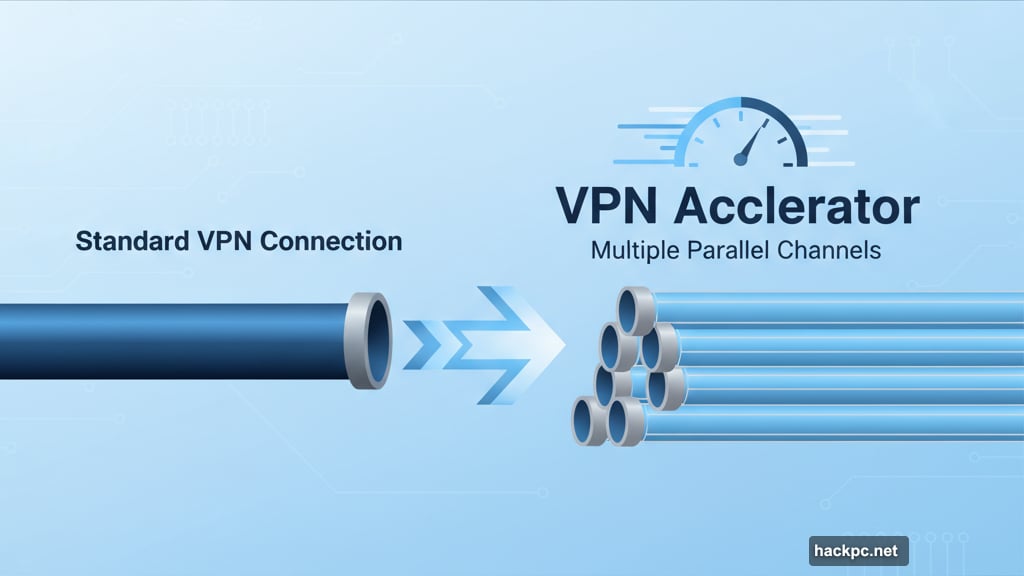
Two-year plans cost $107.76 total, averaging $4.49 per month. The savings are minimal compared to annual plans. You’re better off committing to one year unless you absolutely know you’ll use Proton VPN for the long haul.
Engadget readers currently get an exclusive deal: 12 months for $47.88 ($3.99 monthly) or 24 months for $81.36 ($3.39 monthly). Those prices make Proton VPN competitive with any VPN on the market.
All plans include a 30-day money-back guarantee. That’s enough time to test whether Proton VPN meets your needs without risk.
Proton Unlimited bundles all six Proton products for $119.88 annually ($9.99 monthly). If you need two or more Proton services, the bundle saves money immediately. Separate VPN and Mail subscriptions would cost $14.98 monthly, so you’re already saving $5 per month with Unlimited.
Virtual Locations Everywhere
Proton VPN operates 154 server locations across 117 countries. That’s massive geographic coverage, especially in Africa and the Middle East where most VPNs barely offer any servers.
However, about two-thirds of these locations are virtual. Virtual servers use IP addresses from one country while physically sitting in another. They hide your real IP just fine, but don’t deliver the low latency you’d expect from nearby servers.
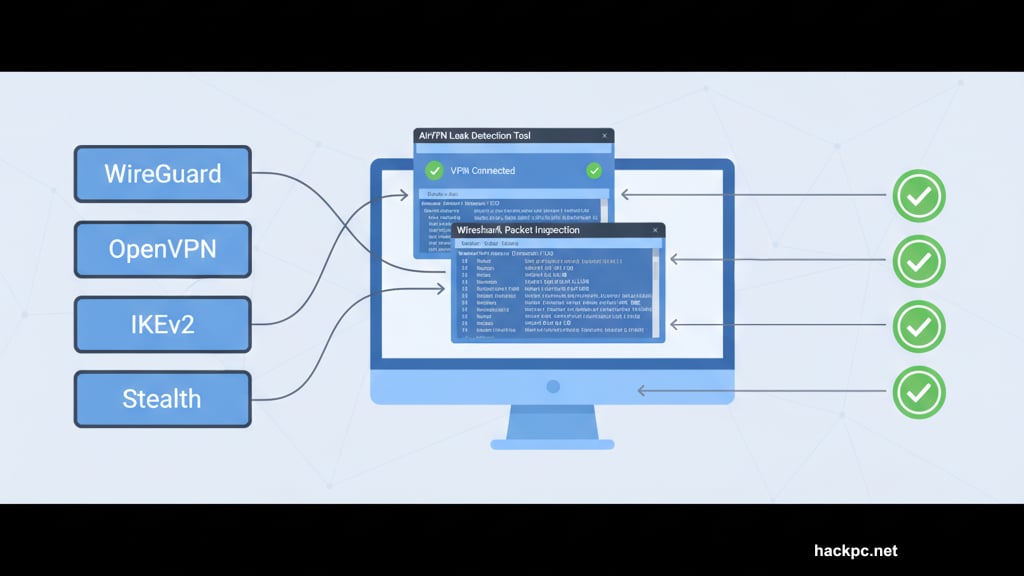
All African servers except South Africa and Nigeria are virtual. All South American servers except Brazil, Colombia and Argentina are virtual. Most Middle Eastern locations are virtual except Turkey, Israel and the UAE. Asia’s coverage is similarly virtual-heavy.
This isn’t necessarily bad. Proton VPN’s base speeds are fast enough that distance barely matters for most activities. You’ll notice higher latency on speed tests, but streaming and browsing feel responsive anyway.
Still, it’s worth knowing before you connect. If you’re in Bangkok and connect to a Thai server expecting 20 millisecond ping times, you’ll be disappointed when you see 200 milliseconds instead. The server might actually be in Singapore or another hub city.
The Nonprofit Advantage
Proton AG transferred majority ownership to the Proton Foundation in 2024. This nonprofit exists solely to control Proton’s stock and prevent acquisitions that conflict with the privacy mission.
Selling to a data-hungry tech giant would require unanimous approval from the foundation’s board. That seems unlikely given the board includes Proton’s founders, who left CERN specifically to build privacy-focused products.
This structure matters. VPN companies regularly get acquired by questionable parent corporations. ExpressVPN sold to Kape Technologies, a company with a history of distributing malware. Private Internet Access got bought by the same company. Users had no warning in either case.
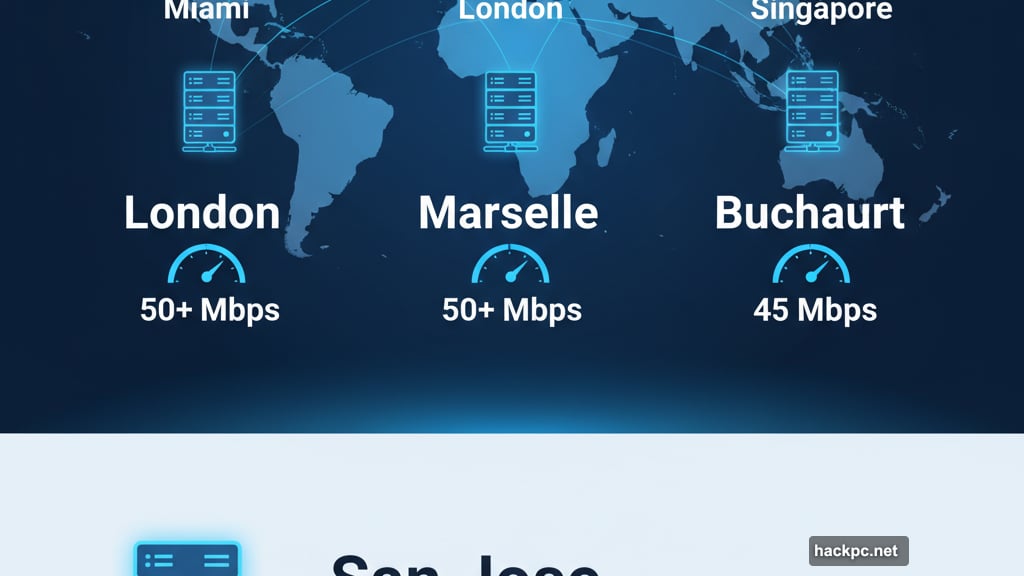
Proton VPN can’t be secretly sold tomorrow. The foundation’s nonprofit status prevents profit-driven acquisitions. That’s reassuring for anyone who values privacy over corporate growth targets.
Past Controversies Don’t Stick
ProtonMail handed a user’s IP address to Swiss police in 2021 after receiving a court order. French authorities wanted to identify an environmental activist, and Swiss law required compliance.
This caused brief panic among privacy advocates. But context matters. Swiss law forces email providers to retain data when served valid warrants. VPNs face no such requirements. ProtonMail’s legal obligations never applied to Proton VPN.
Moreover, Proton fought successfully to change that email law. Swiss email providers are now exempt from data retention mandates, partly due to Proton’s advocacy. The company didn’t quietly comply and move on. They pushed back and won.
A separate controversy erupted in January 2025 when researchers claimed WireGuard keys in Proton VPN lacked memory protection. Proton responded that the researchers only demonstrated access to public keys, not private ones. Since WireGuard requires both keys to decrypt traffic, and changes session keys frequently, the vulnerability was essentially theoretical.
Neither incident suggests Proton VPN compromises user privacy. The ProtonMail situation involved different legal frameworks. The WireGuard claims didn’t demonstrate actual security flaws.
Who Should Choose Proton VPN
Privacy-focused users will love Proton VPN’s transparent policies and nonprofit ownership structure. The Swiss jurisdiction and no-logs policy provide genuine legal protection.
Torrenters should strongly consider this VPN. Nearly every paid server supports P2P traffic. Upload speeds stay above 95 percent of baseline. Port forwarding works reliably on Windows and Linux.
Streamers will appreciate the consistent Netflix unblocking and fast download speeds. Just stick to paid servers if you want specific country libraries.
Free users get remarkable value, as long as they don’t need to choose specific locations. The unlimited data and full security features make this the best free VPN available.
Travelers benefit from the extensive server network, particularly in regions other VPNs ignore. Africa, the Middle East and central Asia have solid coverage.
The only people who might want alternatives are those who need 24/7 live support or primarily use Mac and iOS devices. The customer support hours favor Europe, and the Apple apps lag slightly behind Windows and Android versions.
Choose Proton VPN for its principles and stay for its performance. Both deserve recognition.
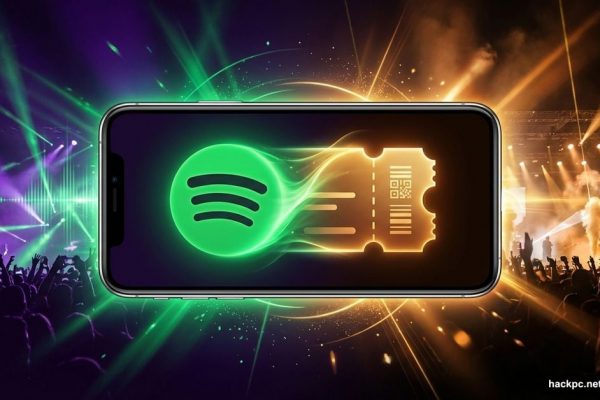
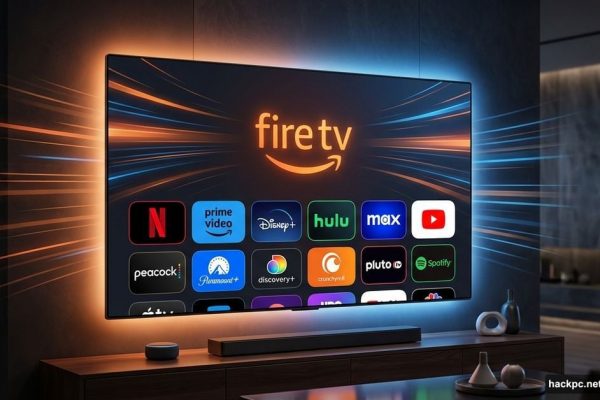
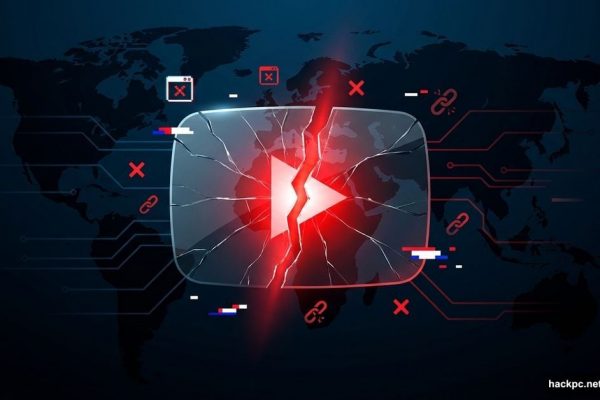
Comments (0)